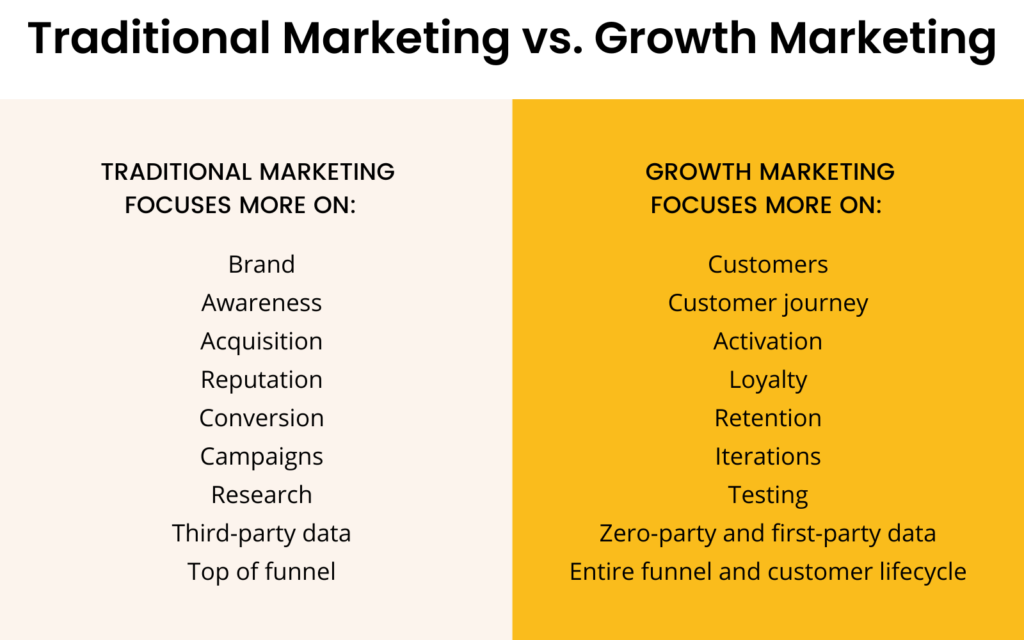Lifecycle marketing is a modern approach that focuses on engaging customers at every stage of their journey—from awareness to advocacy. Unlike traditional marketing, which often relies on one-time campaigns or mass marketing strategies, lifecycle marketing is designed to foster long-term relationships, personalize interactions, and guide customers through various stages of their buying lifecycle.
What is Lifecycle Marketing?
Lifecycle marketing is a comprehensive strategy designed to engage customers at various stages of their journey, starting from their first interaction with your brand to becoming loyal, long-term supporters. This approach centers around creating customized marketing efforts that align with the evolving needs and behaviors of customers as they progress through different stages of their relationship with your company.
In today’s competitive landscape, lifecycle marketing is essential for building meaningful customer relationships. It enables businesses to strengthen customer retention and maximize lifetime value by delivering personalized experiences. By identifying the unique requirements of customers at each stage of the lifecycle, you can craft highly targeted campaigns that boost engagement, loyalty, and ultimately, business growth.

How is Lifecycle Marketing Different from Traditional Marketing?
1. Focus on Relationships vs. Transactions
Traditional marketing often emphasizes short-term goals, such as making an immediate sale. Once the sale is complete, the marketing focus shifts to finding new customers. In contrast, lifecycle marketing is all about cultivating ongoing relationships with customers by continuously engaging them even after they’ve made a purchase.
2. Personalization vs. One-Size-Fits-All
Traditional marketing tends to use broad, generalized messaging aimed at reaching as many people as possible. This method can lack relevance for individual customers. Lifecycle marketing, on the other hand, tailors communication based on customer data and behavior. Personalized messages are sent to individuals based on where they are in their lifecycle, making them more likely to engage and convert.
3. Automation and Data-Driven Strategies
Lifecycle marketing leverages modern tools like Customer Relationship Management (CRM) platforms and marketing automation to track customer behavior, segment audiences, and deliver targeted content. Traditional marketing, however, typically doesn’t use automation or real-time data, which limits the ability to adjust marketing strategies on the fly.
4. Long-Term Engagement vs. Short-Term Campaigns
Traditional marketing often revolves around short-term campaigns aimed at driving immediate results. These campaigns usually have a defined start and end. Lifecycle marketing is more of a long-term strategy that continuously nurtures the customer at every point of their journey, aiming to build lasting loyalty and advocacy.
5. Multi-Channel vs. Single-Channel Approach
While traditional marketing may rely on a single channel (like TV ads or print media), lifecycle marketing is inherently omnichannel. It involves reaching customers through various platforms—email, social media, SMS, push notifications, and more—at the right moment and in the right context.

Why Lifecycle Marketing Matters
In today’s competitive marketplace, customer loyalty is more important than ever. Brands that invest in lifecycle marketing build a more engaged customer base, reduce churn, and drive higher customer lifetime value (CLTV). By continuously engaging customers, companies can turn first-time buyers into repeat customers and brand advocates, which is essential for sustainable growth.
In summary, while traditional marketing focuses on short-term sales and broad messaging, lifecycle marketing emphasizes long-term customer relationships, personalized engagement, and data-driven strategies to nurture customers throughout their journey.
Incorporating lifecycle marketing into your business strategy can significantly enhance customer engagement and loyalty. ProPS services empower businesses to implement this approach seamlessly by providing advanced customer segmentation and personalized marketing automation. With ProPS, you can tailor campaigns to meet the unique needs of each customer at every stage of their journey, ensuring a more effective and impactful engagement. By leveraging data-driven insights and automation, ProPS helps businesses not only retain customers but also maximize their lifetime value, driving long-term success.
